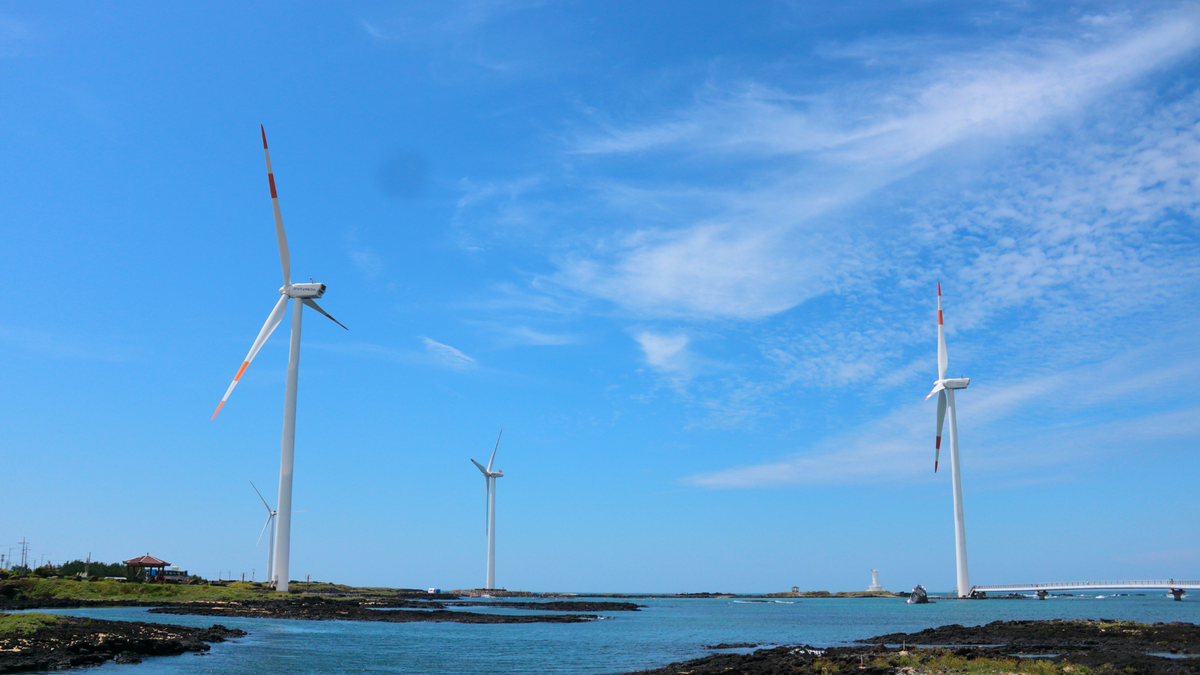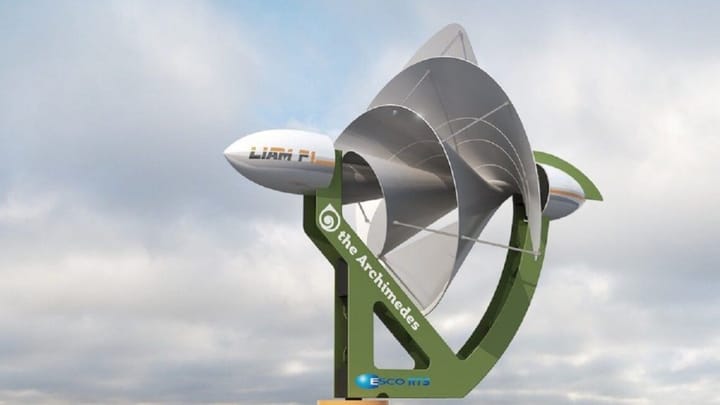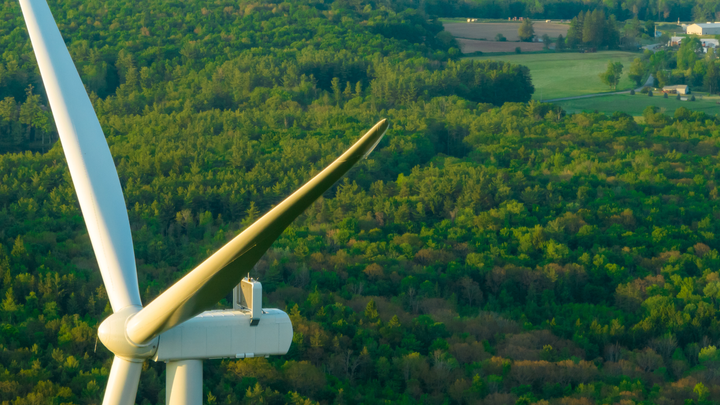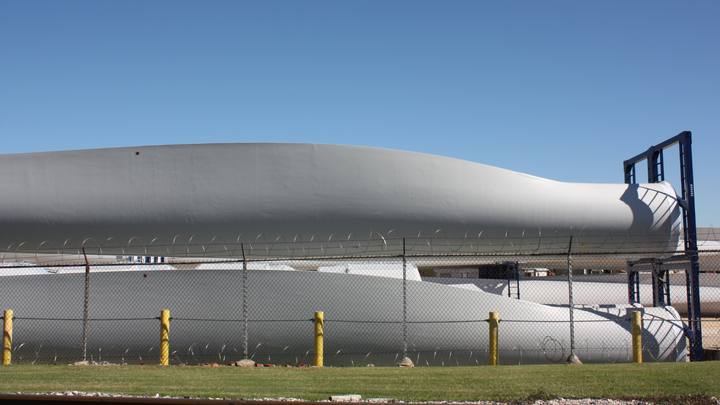Offshore Wind Industry Faces Challenges Amid Rising Costs and Project Delays

The global offshore wind industry, once crucial for renewable energy expansion and decarbonization, is facing significant challenges that threaten its growth and ambitious targets set by governments in the U.S., Europe, and beyond. Last year saw project cancellations, turbine failures, and abandoned land lease contracts, leading experts to warn that the sector may miss its goals, a setback for climate change efforts.
Wind energy plays a key role in government plans to expand renewables and decarbonize power generation, as it supplies large amounts of power near urban areas. Falling short of targets could leave a gap difficult to fill.
Interviews by Reuters with 12 offshore wind companies, industry researchers, associations, and officials from six countries show a troubling trend: rising costs, project delays, and limited supply chain investments are stalling new turbine installations.
“We are quite far from these targets,” said Soren Lassen, offshore wind research director at Wood Mackenzie. Current global average costs for offshore wind parks have risen to $230 per megawatt-hour (MWh), 30-40% higher than two years ago and triple the $75 per MWh for onshore facilities.
These rising costs have deterred some companies. BP is considering selling a stake in its offshore wind division, while Equinor exited projects in Vietnam, Spain, and Portugal. GE Vernova, a major turbine supplier, has halted new orders.
“We do not expect an increase in our order book without substantial economic changes,” said GE Vernova CEO Scott Strazik.
Governments aimed to triple renewable energy use by 2030, which IRENA says requires major offshore wind capacity growth. Without significant shifts, the path forward is uncertain.
Source: Bursa.ro



